Adolescent Treatment
Adolescent Treatment in Annapolis, MD
For many teens, braces are a rite of passage: They’re one more example of the changes adolescents go through at this time — along with growth in stature, edgier tastes in clothes and music, and an increasing degree of self-awareness. But is there any particular reason why orthodontic appliances and teenagers seem to go together? In a word: Yes.
There are several good reasons why adolescence is the optimal time for orthodontic treatment, though occasionally even earlier intervention is called for. One has to do with the development of the teeth: There’s no set timetable for every kid, but generally by the age of 11-13 the deciduous (baby) teeth have all been lost, and the permanent ones have largely come in. This is the time when we can go to work correcting the problems that cause a bad bite (malocclusion), improper tooth spacing or poor alignment.
Orthodontic problems don’t improve with age — they simply become harder to treat. It’s easier to treat many orthodontic problems during adolescence because the body is still growing rapidly at this time. Whether we use standard braces, or appliances like palatal expanders, we can create an improved appearance and function in a short period of time. In later years, when the bones of the face and jaw are fully developed, many conditions become more difficult (and costly) to treat.
There’s even a social element to getting orthodontic treatment in adolescence. If you need braces, you’re not alone! Chances are you’ll see some of your classmates in our office, and you may even make new friends as you go through the process together. When it’s done, you’ll have a smile that you can really be proud of, and benefits that will last your whole life.

The Treatment Process
What can you expect when you come in to our office for treatment? It all depends on what kind of treatment you need. The first time you come in, we will take pictures and radiographic (X-ray) images of your mouth, and possibly make a model of your bite. Then, we’ll develop a treatment plan. It may involve regular braces, with or without elastics (rubber bands). We might also recommend that you use a specialized appliance for a period of time. Here are some of the most commonly used orthodontic appliances:
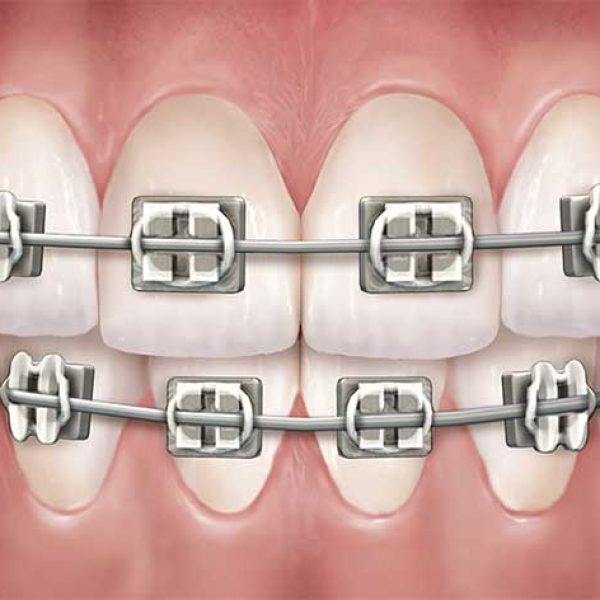
Metal Braces need no introduction. But you might be surprised to find they’re smaller and lighter than ever. They may even offer some customized options, like colored elastic ties on the brackets.
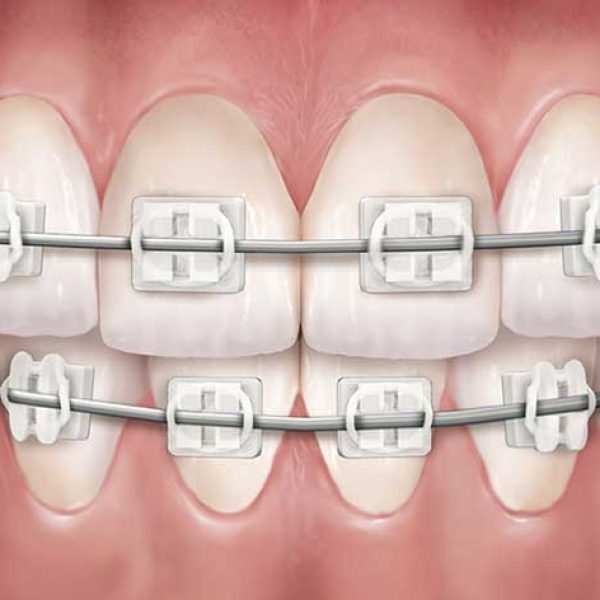
Clear Braces feature brackets made of ceramic or composite materials which blend in with your teeth, making them harder to notice. They’re suitable in many situations, but they cost a little more.
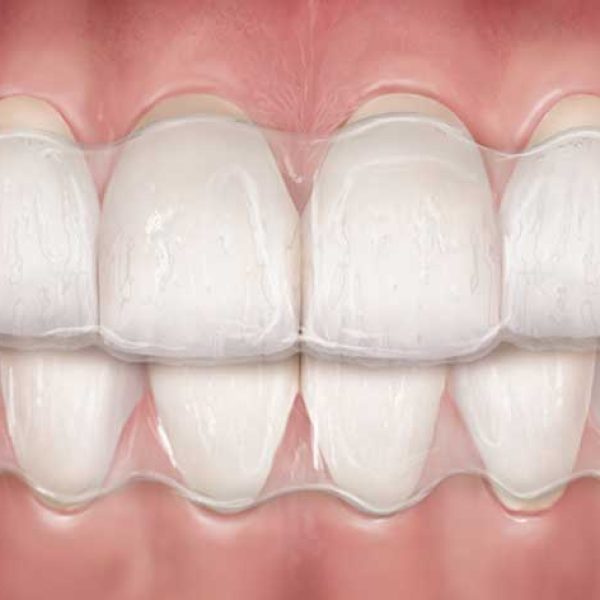
Clear Aligners for teens is a series of removable, clear plastic trays that gradually straighten teeth as they’re worn (for 22 hours per day). Formerly recommended only for adult patients, they now come with special features — like compliance indicators to tell how often you’ve been wearing them — that make them appropriate for teens in some situations. The advantage: they’re practically invisible!
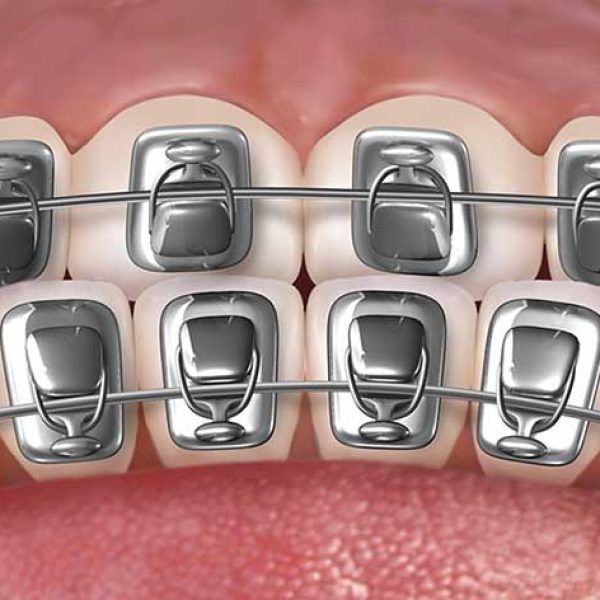
Lingual Braces offer the most unnoticeable form of orthodontic treatment because they are attached to the back (tongue side) of the teeth, where they cannot be seen at all.
How Long Will I Wear Them?
There’s no one answer that fits everyone: It all depends on what we need to do in your individual situation. Generally, however, the active stage of orthodontic treatment lasts 6-30 months. Afterwards, you will wear a retainer for as long as recommended. When your orthodontic treatment is complete, the new smile we’ve worked together to create will be yours for a lifetime.
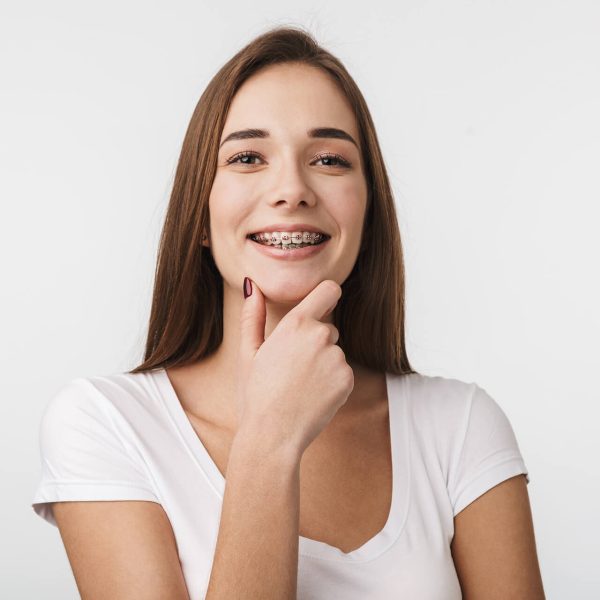
Meet Your Award Winning Doctor
Dr. Riddhi Desai a board-certified professional providing orthodontic treatment in the Annapolis, Maryland community.

Dr. Riddhi Desai
